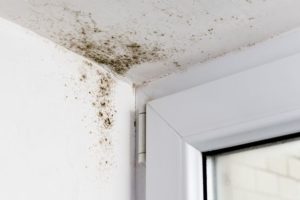
Tenants Can Now Sue Landlords If The Property Is Unfit For Human Habitation
Thanks to new laws, tenants in the United Kingdom will be able to sue their landlord if their property is unfit for human habitation.
If homeowners fail to make sure that their property is free from problems, which includes damp and molds, tenants can take their landlord to court and even seek compensation.
The Homes Fitness For Human Habitation Act was first introduced last year, but it only applied to people that applied to people that had either signed a new tenancy agreement or whose tenancy became periodic tenancy.
As of March 20, 2020, everyone that had a secure or assured tenancy, a statutory tenancy, or a private periodic tenancy that can use the Homes Act.
The law was introduced as a means of ensuring that landlords do not let properties descent into a rack and ruin them.
There are 29 problems in total which could see a property classed as unfit for human habitation.
The complete 29 problems include:
- Damp Growth
- Mold Growth
- Excess Cold
- Excess Heat
- Asbestos and manufactured metal fibers
- Biocides
- Carbon monoxide
- Lead
- Radiation
- Uncombusted fuel gas leaks
- Volatile organic compounds
- Crowding and space
- Not having a lock on the door
- No proper lighting
- Domestic hygiene, pests, and refuse
- Too much noise
- Food safety
- Personal hygiene, drainage, and sanitation
- Water supply
- Falls associated with shower and bath
- Falls associated with steps and stairs
- Falls on the level
- Falls between levels
- Electrical hazards
- Fire and safety
- Hot surfaces and materials
- Collision and entrapment
- Explosions
- Physical strain associated with operating amenities
- Structural collapse and falling elements
It’s a good time to be a tenant eh?